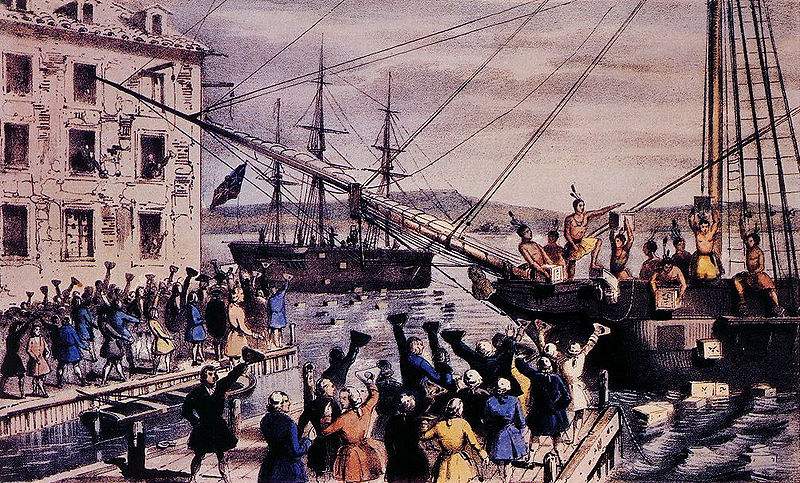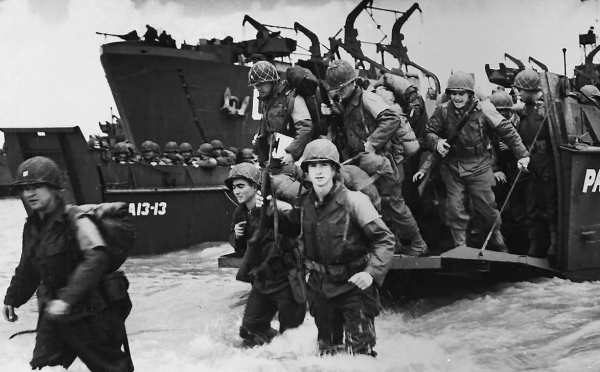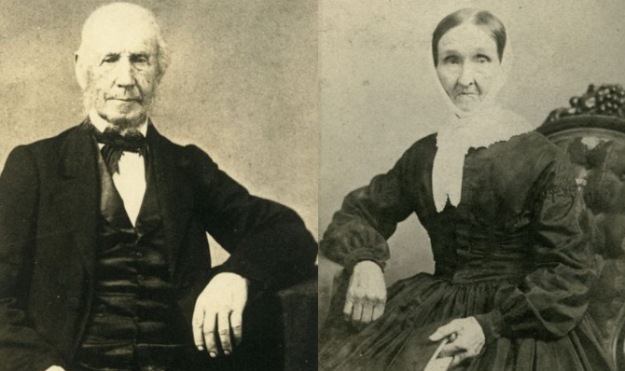
The Dartmouth having its cargo dumped into Boston Harbor to kick start the Revolutionary War (Wikipedia)
Most Americans are familiar with the Boston Tea Party. If you’ve recently graduated from school, the events may still be fresh in memory, but if you are…ahem, a bit longer in tooth, you may have lost many or most details. Assuming of course, that you aren’t a history buff and a regular reader on the subject.
I’m of the latter category, but am a history buff. History is a varied, massive, topic. One could spend decades studying one event, i.e. American Revolution, become an expert and highly knowledgeable of the subject, but not touch on other historical events with any depth.
Such is the case, for me, with the Boston Tea Party. My historical niche is the Old Dartmouth Region (actually it’s Sumer, Indus Valley, and Ancient Egypt, but this isn’t the Sumer Guide!) and the topic is large enough that I seldom delve into other nearby regions such as Boston.
The connection for this article is one of the three ships involved in the Boston Tea Party event, the Dartmouth. Coincidentally there was a fourth vessel, The William, that was damaged by a storm en route and was forced to land at Cape Cod or lose its precious cargo. Since this year is the 240th anniversary of the Boston Tea Party, I felt it fitting to discuss the vessel central to this historical event.

Historical document showing the cargo of the three vessels involved in the Boston Tea Party (Wikipedia)
Not only was the Dartmouth built right here in New Bedford in 1767, she was the first ship built in New Bedford near where Hazard’s Wharf is today. Up to this point the largest sea vessels to be built were whaleboats. No plans exist of the Dartmouth, but being Quaker built meant that she wasn’t decorated or elaborate.
The land near Hazard’s Wharf was originally owned by the Rotch family from Nantucket, Quakers in faith, and they would use the property to start a small shipyard in what was then called Bedford Village. A monument sits there today. Francis Rotch and son Joseph Rotch would have their wooden hulled flagship – pardon the pun – built at 80 feet long and 10 feet wide. It would serve as an offshore whaling vessel to transport whale oil to London. Not a vessel that hunted whales, but supported those hunting vessels and carried cargo.
The Dartmouth was docked in London with the other two historic vessels, The Beaver (also owned by the Rotchs) and The Eleanor in 1773. These four vessels (including The William) were to return to the New World as a Tea Flotilla. British merchants were enjoying the monopoly imposed by the monarchy declaring that the Colonists could only purchase tea from Great Britain creating a robust trade.
At this point it would be easy to discuss the politics behind the Boston Tea Party event, but this would end up being a digression of monumental proportions. Since there isn’t exactly a dearth of literature on the topic, there is no point in covering this. Suffice it to say that the Dartmouth was the first of the four ships to arrive at Long Wharf in Boston on November 28, captained by a James Hall with 114 chests of tea. The Eleanor arrived on December 2, and the Beaver on December 7. The William of course, lost en route.

The plaque on Centre Street commemorating the spot where the Dartmouth was built
By law she could sit there for 20 days before unloading her cargo. At expiry, her cargo would be confiscated by customs. Surely, the Rotchs simply wanted to turn a profit, but they were caught between opposing groups – Patriots who did not allow the cargo to be offloaded and Governor Hutchinson and his party who wouldn’t allow the Dartmouth to leave and return to Britain. In the interim, the cargo decays. Ouch.
Instead they were juggled from Long’s Wharf, to Rowe’s Wharf, and finally to Griffin’s Wharf. Enter Samuel Adams and the faux Mohawks to dump all 114 chests of tea within the Dartmouth’s hold into the harbor and the rest as they say – and sorry, can’t resist punning – is history. The only reported damage to the three vessels was a broken padlock, which was replaced.
Life went on for the Dartmouth after December 16 and it returned to service for the Rotchs. However, its life was short lived for on a return voyage from England the Dartmouth foundered. Fortunately, the crew was saved and returned safely to Boston.
Replicas of all three vessels are currently works in progress by the Boston Tea Party Museum and Master Ship Renovator, Leon Poindexter. Only the Dartmouth is being crafted from the keel up. Replicas of the Beaver and Eleanor exist already and are being renovated and re-rigged. On December 16th, a 30 minute historical re-enactment will take place as enactors dump chests of tea into the harbor off the Beaver.
A ship built right here in New Bedford played a pivotal role on shaping America’s history!
 New Bedford Guide Your Guide to New Bedford and South Coast, MA
New Bedford Guide Your Guide to New Bedford and South Coast, MA









One comment
Pingback: NOTES: PUBLIC MARKETPLACE PROJECT – MKT690 | UMD – Sales Management